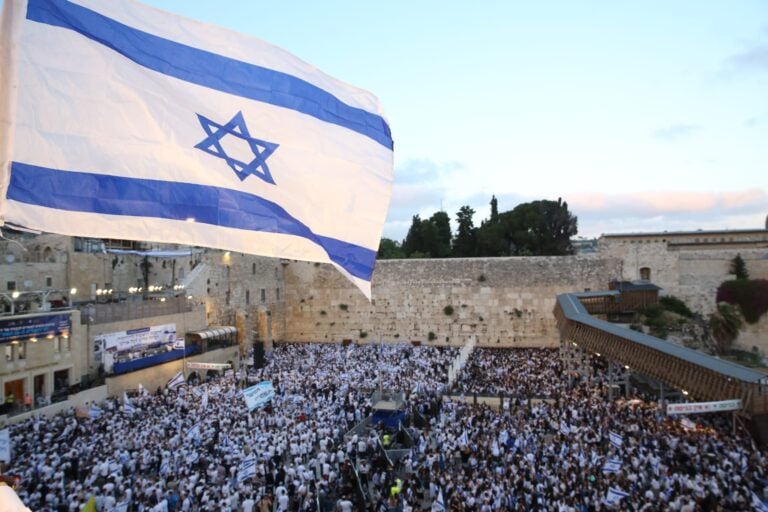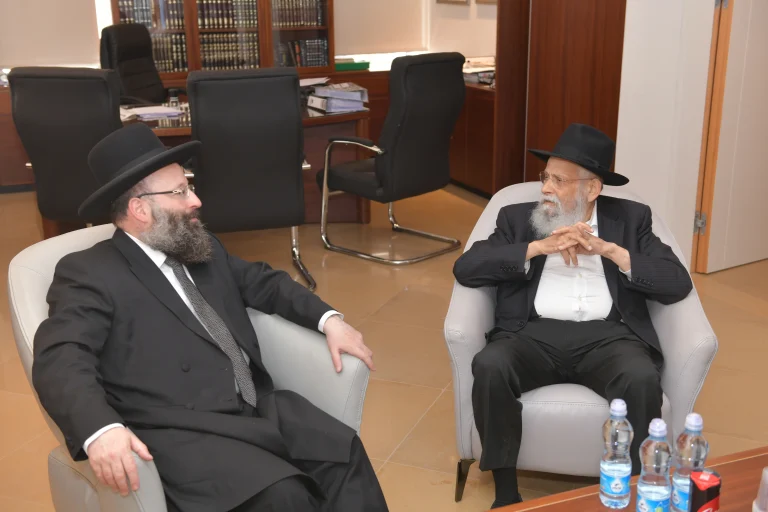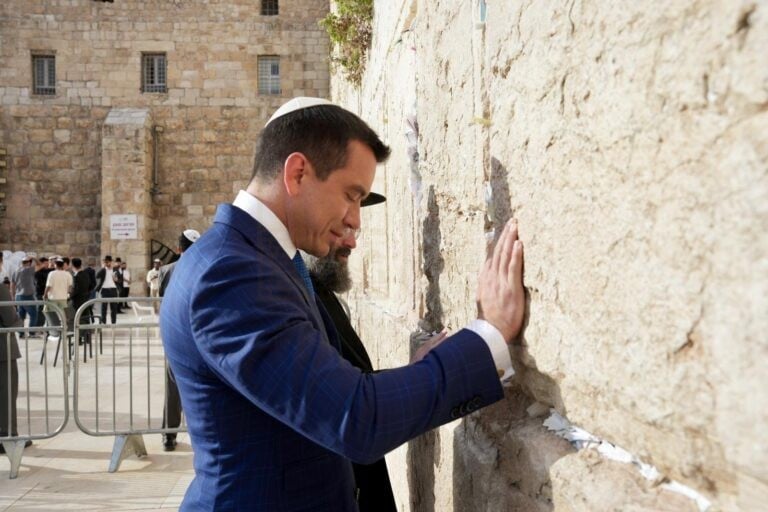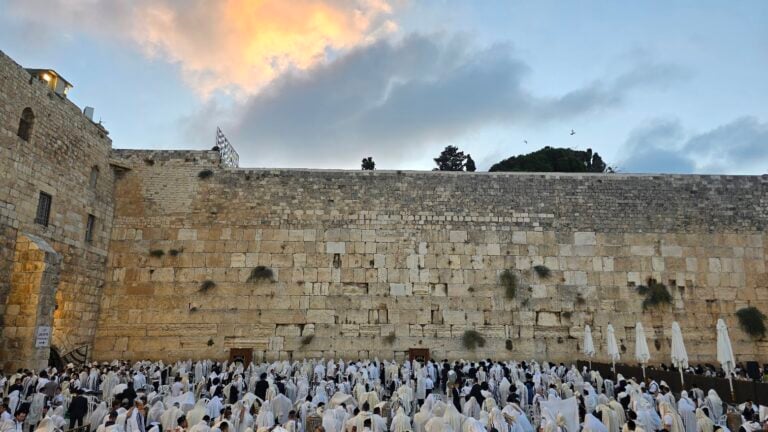Parashat Shemot – 5782
Rabbi Shmuel Rabinowitz, Rabbi of the Western Wall and Holy Sites
Parashat Shemot, the first parasha of the book of Exodus, tells us about the children of Israel in Egypt. In the generations since Jacob went down to Egypt, they had multiplied and grew stronger. The Egyptians became anxious about the political aspirations of this large Hebrew minority. A new pharaoh ruling Egypt incites his nation against the Jewish people and gets legitimization and assistance in enslaving an entire nation in hard labor. Thus, Jacob’s family went from being the darlings of the Egyptian monarchy to its sworn enemy, enslaved in inhumane conditions.
The most horrific of Pharaoh’s decrees is the one he instructed the Jewish midwives and the entire Egyptian nation to do:
“Every son who is born you shall cast into the Nile, and every daughter you shall allow to live.”
(Exodus 1, 22)
Pharaoh cruelly commanded that all male babies be thrown into the Nile, hoping to sever the Jewish nation’s future. During this calamitous period of time, we read about a man and woman from the Levite tribe who marry one another. We later learn these were Amram and Yocheved, the parents of Moses, the leader that is destined to liberate the Jewish nation from Egypt and accompany them until the gates of the Promised Land. Jewish sages say that there was great drama behind the story of this marriage.
Amram was the great man of his generation. Once he saw that the wicked Pharaoh said: “Every son that is born you shall cast into the river, he said: We are laboring for nothing, he arose and divorced his wife. All arose and divorced their wives. His daughter said to him: Father, your decree is harsher than that of Pharaoh, as Pharaoh decreed only with regard to the males, but you decreed on the males and on the females…Amram arose and brought back his wife, and all others arose and brought back their wives.
(Babylonian Talmud, Sota 12, 1)
Due to Pharaoh’s decree to kill all male babies, Amram – who was an important and admired man – decided to divorce his wife Yocheved since he saw no point to married life at a time like this or in having children who would be cruelly taken. This divorce led to a wave of divorces in the Jewish society.
Amram’s daughter, Miriam, did not let that be. She claimed that by his deed, he was enacting a harsher decree than that of Pharoah. Pharaoh had commanded to kill the male babies, but Amram’s act would eliminate female babies as well who would never be born. The thought behind her words is very powerful. She was saying that even when the situation looks dire, hope should not be lost. Even when it seems there is no future, we should still choose life at all costs. Therefore, Miriam asked her father to return to his marriage, to allow for babies to be born, despite everything. Indeed, Amram and Yocheved remarried in a festive ceremony.
We found a similar phenomenon also throughout the Holocaust when Jewish couple got married despite their dire circumstances, choosing life even while oppressed or in hiding, in ghettos or death camps.
This attitude of Miriam’s was expressed in another event which was no less dramatic. After they remarried, Amram and Yocheved had a lively son whom they were forced to hide to keep him from being discovered and thrown into the Nile. After three months, when they could no longer hide him from their Egyptian neighbors, Yocheved took her baby, prepared him a special basket and put it on the banks of the Nile. This was a step taken out of desperation. Yocheved thought that if her baby had any chance at all of surviving the cruel decree, it would be in the Nile. Yocheved put the basket down and left. But Miriam, the baby’s sister, stayed. She stood from a distance and watched. Even when the situation was one of complete despair and it seemed that the baby’s fate would be no different from that of others like him, Miriam did not give up. She continued to hope.
Indeed, a miracle happened. The basket with the baby was taken by none other than Pharaoh’s daughter who decided to save the baby despite her father’s laws. Pharaoh’s daughter named the baby Moses and he later became the leader who liberated the children of Israel from Egypt.
When we read about the choice of life that brought Moses into the world, and about the hope that accompanied him on his hopeless journey, it is no wonder that he was the one chosen by G-d to liberate the Jewish people from their despairing slavery by the Egyptian empire and to help turn them into the nation of G-d.









